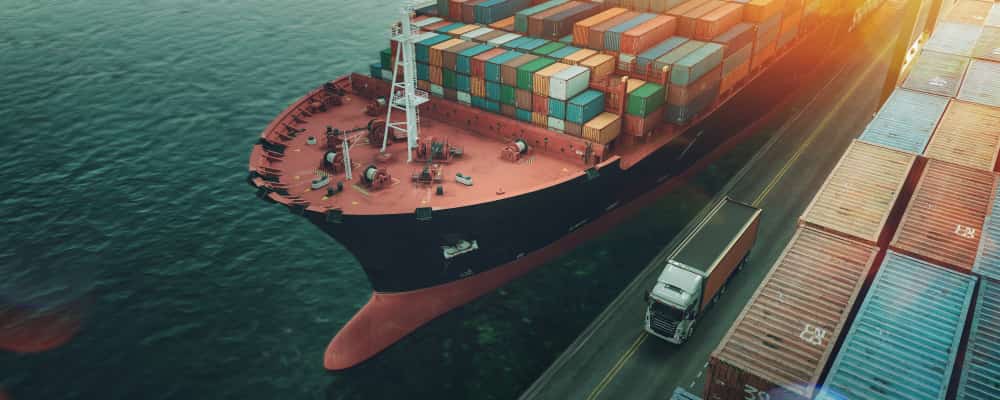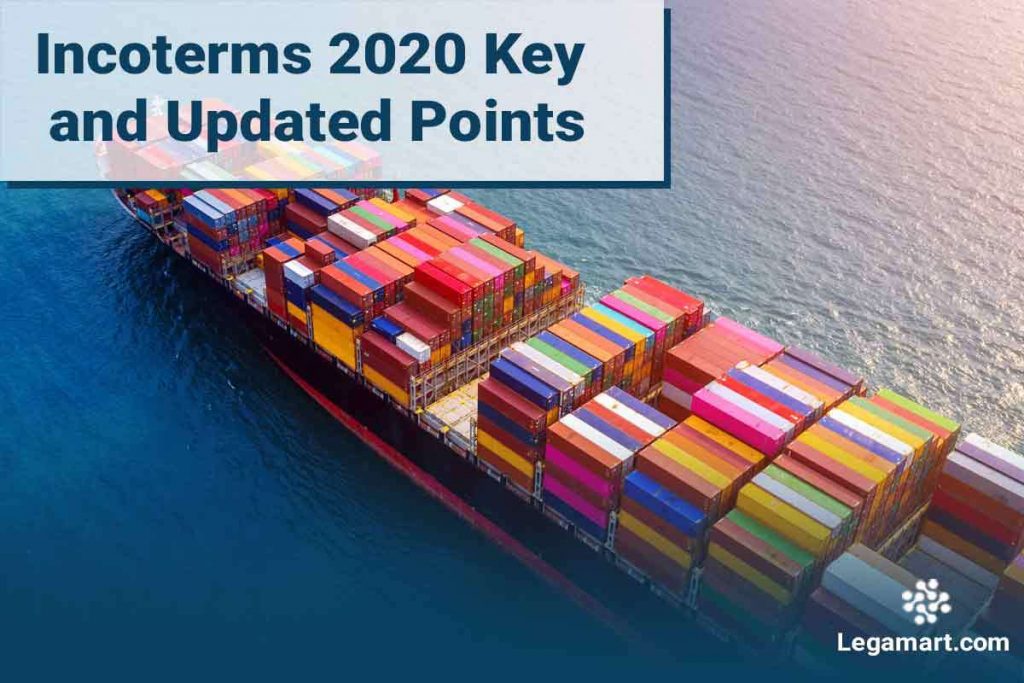Introduction
Incoterms (International Commercial Terms) are a list of terms in the world of international trade law defined by the International Chamber of Commerce (ICC). Incoterms has been the cornerstone of global commercial trade. Each term functions under a specific framework and is bound upon a precise meaning for the sale and transport of goods from any given point A to a point B. Such terms are used between businesses when drafting a contract, international transactions, during courts, and between international lawyers and arbitrators.
How Many Incoterms are there?
The first published terms were in 1923 and are constantly amended, with the latest edition (9th) set on September 10th, 2019. The drafters of the latest version of Incoterms provide an extensive and strategic approach to the international aspects of freight agreements.

It is necessary for anyone dealing with international trade to know the newest regulations and changes to Incoterms. At first glance, these amendments might not seem challenging, but it is necessary to patiently observe its impacts on day to day international transactions. Generally, the recent updates mostly cover the change in the name of terms and improves upon the usage and demonstrate of the Incoterms in a sales contract. The orientation is for these specific terms to become a common trade language. As of now, Incoterms consists of 11 rules namely:
EX Works Incoterm (EXW)
Free Carrier Incoterm (FCA)
Carriage Paid To Incoterm (CPT)
Carriage Insurance Paid To (CIP)
Delivered at Place Incoterm (DAP)
Delivered at Place Unloaded Incoterm (DPU)
Delivered Duty Paid Incoterm (DDP)
Free Alongside Ship Incoterm (FAS)
Free on Board Incoterm (FOB)
Cost and Freight Incoterm (CFR)
Cost, Insurance and Freight Incoterm (CIF)
The last 4 terms are solely used for sea or inland waterways transport. In addition to knowing incoterms and new worldwide regulations, putting the right incoterms in place is also important. You can check out the next article in the series for more information on choosing the right incoterms.
The Most Noteworthy Updates to Incoterms 2020

There are now more extensive security-related requirements in articles A4 on carriage and A7 on export and import clearances, and the responsibility of security-related requirements and ancillary costs have been now transferred to the seller.
Free Carrier (FCA) has been revised in article A6/B6 and Incoterms 2020 states, “the parties to agree that the buyer will instruct the carrier to issue an on-board bill of lading to the seller once the goods have been loaded on board, and for the seller then to tender the document to the buyer (often through the banks).”
There are different considerations towards the level of insurance coverage in CIF and CIP.
The Delivered at Terminal (DAT) terms has now been renamed to Delivered at Place Unloaded (DPU). It is the only term that sellers associate with unloading goods and products.
There is now a do-it-yourself (DIY) seller who has the capability to use their own method of transport and delivery of goods and products.
Always keep in mind the new ICC terms when dealing with international transactions. It is recommended to consider the recent amendments of the terms and have a quick review for Incoterms® 2020 compliance to be incorporated into any previous or new commercial contracts. Although these terms are great tools of communication in trade and business transactions that help prevent risks and set the manner of payment and delivery, it can also be troublesome if a party does not have knowledge on the specifications and requirements of the terms. As every contract or case carries different circumstances, it is best to conduct a careful study before implementing any of the enlisted Incoterms.
In case you’re interested to read the complete list of updates, refer to the International Chamber of Commerce’s website.
If you are stuck in disptes related to martime and shipping law like charter party, waybill or are seeking advice on Incoterms, then you can check out LegaMart’s topmost features, which can help you have quick meeting with experienced maritime attorneys and even hire them for your case, all from the convenience of your own home.




